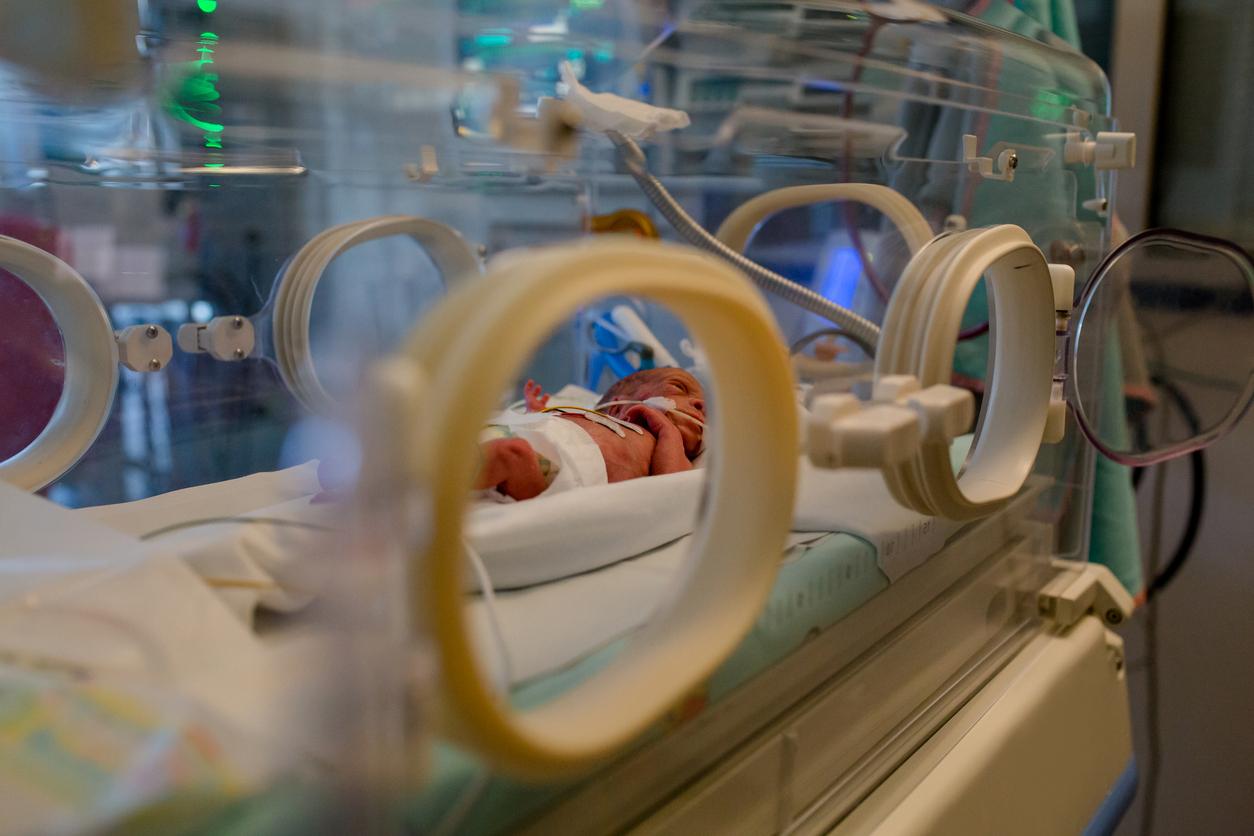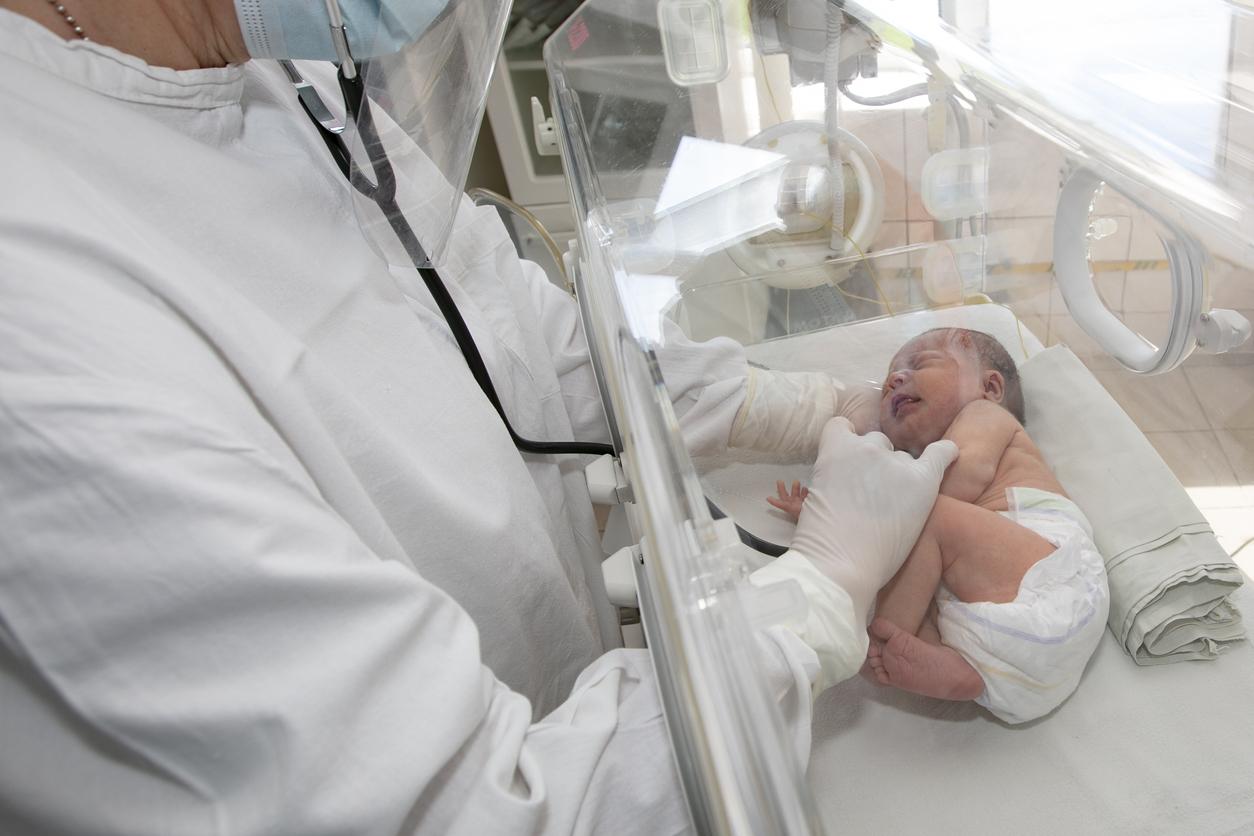The more children are born before the term of pregnancy, the more their school results decline. But the link is not as strong as expected.

Premature children would have more difficulty in school. The idea crosses the minds of all parents whose children are born prematurely. In addition to the organic problems that very premature babies suffer from at birth, they often worry about delays in brain development that could slow down their child in their education.
A study published this Monday in JAMA Pediatrics, and carried out in Florida (United States) partially confirms these fears. By analyzing in particular the results of tests for entry into kindergarten, and follow-up in elementary school and college, according to the gestation time, the researchers established a clear link between the two: the more the children are born before. in the long run, the less good their school performance is.
But good news, the study also shows that the differences with children born at term are smaller than expected. For children born after the 26e week (still considered very premature), they gradually diminish to become insignificant from the 28e.
Extremely premature most affected
To arrive at these results, researchers at Northwestern University in Chicago (United States) analyzed the results of academic tests carried out in Florida public schools of more than 1.3 million children born between 1992 and 2002. The most premature babies among them were born as early as the 23e week of pregnancy.
And it is for the extreme premature (born between 23 and 24 weeks) that the differences are the strongest, reflecting a slight delay in development for some.
Almost two-thirds (65%) of children born between 23 and 24 weeks, for example, passed the tests for entering kindergarten, compared to 85% of those who reached full term (39-41 weeks). A difference of about twenty points, but which does not condemn these premature extremes from birth.
Not doomed to failure
“Most children born between 23 and 24 weeks show high levels of cognitive ability from the start of kindergarten, and throughout school,” reassures David Figlio, researcher at Northwestern University and senior author of the study.
Among the students distinguished in their schooling, considered as particularly gifted, researchers have also found extremes premature, even if they are less numerous than the others.
Parents can therefore be reassured. Prematurity, especially when it exceeds 10 weeks, certainly statistically leads to a slight drop in academic scores. But it does not condemn children to fail at school.
.

















